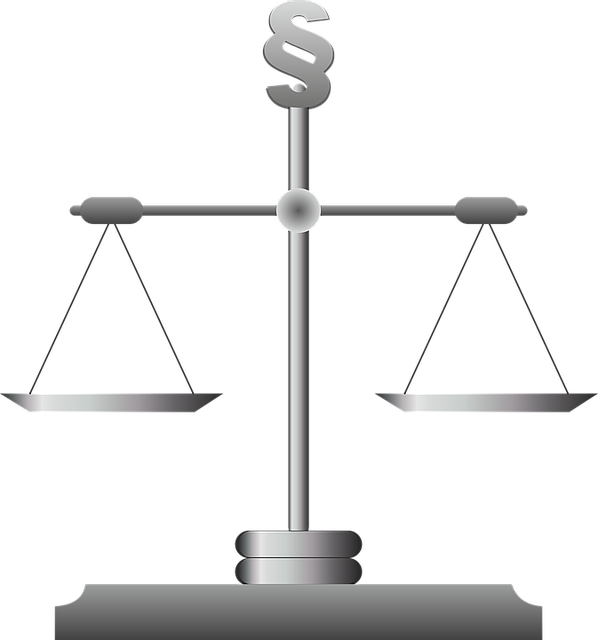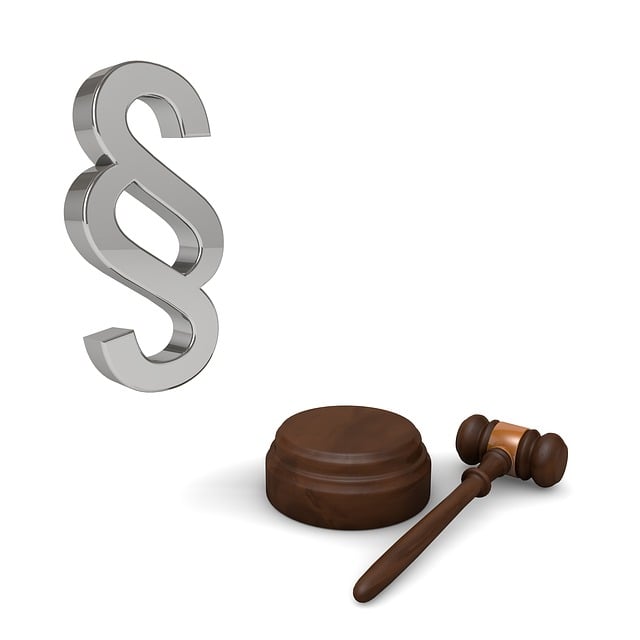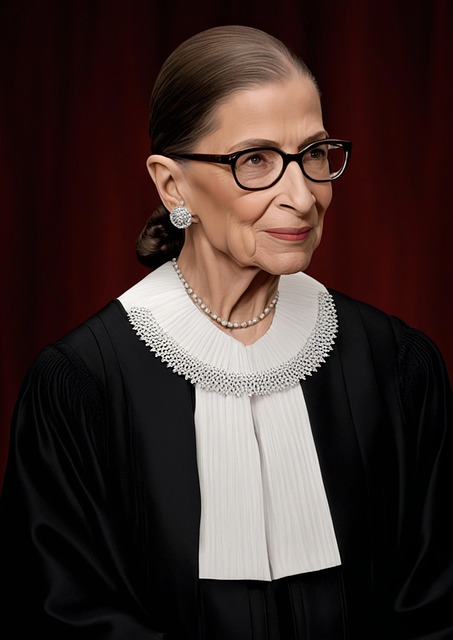Public corruption cases face complex challenges in jury selection due to media scrutiny and public opinions. Overcoming biases requires strategic questioning, diverse panels, and raising awareness. Lawyers must carefully screen jurors to mitigate bias and ensure understanding of legal complexities for fair trials. Creative defense strategies tailored to each case are crucial for successful outcomes.
“Public corruption charges carry immense weight, shaping not just individual fates but public trust. This article delves into the intricate web of these proceedings, examining key facets. We explore how understanding and perceiving public corruption charges impact jury decisions, with a focus on overcoming biases during selection. Additionally, we highlight strategies to ensure diverse and impartial jurors, while addressing challenges faced by defense counsel in navigating these complex cases.”
- Understanding Public Corruption Charges
- The Impact on Jury Perception
- Overcoming Biases in Selection Process
- Ensuring Diverse and Impartial Jurors
- Challenges and Strategies for Defense Counsel
Understanding Public Corruption Charges

Public Corruption Charges are complex legal issues that present unique challenges throughout the entire justice system. Understanding these charges requires a deep dive into the intricate web of all stages of the investigative and enforcement process, from initial allegations to final jury trials. One of the most significant hurdles is the selection of an impartial jury, as these cases often attract intense media scrutiny and strong public opinions.
The Challenges Faced During Jury Selection are profound, given the high-stakes nature of corruption cases. Prospective jurors must be shielded from any influence that could taint their judgment, especially when it comes to deciding the guilt or innocence of public officials. Avoiding indictment is a primary concern, as the process can be lengthy and emotionally draining for all involved. This requires attorneys and judges to carefully navigate not only legal complexities but also the social and political landscape surrounding these cases, ensuring a fair and balanced trial environment.
The Impact on Jury Perception

The perception of a jury plays a pivotal role in public corruption cases due to the inherent complexity and sensitivity of such accusations. Potential jurors often come with preconceived notions about political figures or government officials, which can pose significant challenges during selection. The process of picking an unbiased panel is crucial for ensuring a fair trial, as the impact of initial impressions cannot be understated.
When facing public corruption charges, defendants often employ various strategies to navigate the Challenges Faced During Jury Selection. This may include thorough juror questionnaires and meticulous questioning during voir dire to gauge biases or connections to the case. The goal is to seat a jury that can set aside any preconceived notions and evaluate the evidence objectively. A successful general criminal defense strategy in such cases not only involves avoiding indictment but also securing a complete dismissal of all charges through rigorous scrutiny and an unwavering commitment to procedural integrity.
Overcoming Biases in Selection Process

Overcoming biases during jury selection is a significant challenge faced by legal professionals in public corruption cases. These trials often involve complex issues and high-stakes outcomes, making it crucial to assemble an impartial jury. Judges and attorneys must be vigilant against unconscious biases that could sway jurors’ perceptions of the evidence presented. For instance, the influence of a defendant’s social status or political connections can inadvertently impact selection, leading to potential unfairness in the proceedings.
Strategic approaches are essential to navigate these challenges. Juror questionnaires and careful questioning during voir dire help identify individuals with biases that might affect their judgment. Additionally, diverse panels composed of individuals from various backgrounds, including different occupations and community ties, can offer a broader perspective. Engaging with both the philanthropic and political communities to raise awareness about the importance of impartial jury selection is another step towards ensuring fairness in these high-profile cases, ultimately aiming for winning challenging defense verdicts that reflect the true merits of the case rather than preconceived notions.
Ensuring Diverse and Impartial Jurors

Ensuring a fair trial in public corruption cases hinges on selecting a diverse and impartial jury. The process of jury selection, however, presents significant challenges. Lawyers often face the daunting task of navigating a pool of potential jurors with varied backgrounds, experiences, and prejudices. This complexity is exacerbated by the need to strike a balance between achieving extraordinary results for their clients and choosing individuals who can set aside personal biases in high-stakes cases.
The challenges are further amplified by societal factors that influence perceptions of public corruption. Juries must be able to consider evidence objectively without letting preconceived notions or external pressures influence their decisions. To accomplish this, attorneys must employ strategic questioning during voir dire, carefully evaluating each prospective juror’s ability to remain unbiased and render a just verdict. This meticulous approach is crucial in selecting jurors who can contribute to a fair and impartial deliberation process, ultimately ensuring justice in these intricate legal matters involving respective business interests.
Challenges and Strategies for Defense Counsel

Defending public corruption charges is a complex task for legal counsel, presenting a unique set of challenges that require strategic navigation. One of the primary hurdles is the intricate nature of these cases, which often involve intricate financial transactions and detailed investigations. Defense attorneys must uncover and present compelling evidence to counter the prosecution’s narrative, especially in high-stakes cases where an individual’s reputation and freedom are at stake.
During jury selection, challenges faced in such cases come to the forefront. Counsel must carefully screen potential jurors to ensure they can set aside bias and understand the complex legal issues. With unprecedented track records on the line, across the country, attorneys employ creative strategies. These may include emphasizing procedural fairness, scrutinizing evidence collection methods, and highlighting the potential consequences of a conviction to gain an impartial jury. Each case is unique, requiring a tailored defense approach to achieve the best possible outcome in these high-profile, public corruption trials.
Public corruption charges present unique challenges, from understanding complex legal definitions to navigating the impact of media coverage on jury perception. Overcoming biases during jury selection is crucial, emphasizing the need for a diverse and impartial panel. Defense counsel must employ strategic techniques to counter perceived biases and ensure a fair trial. By addressing these issues head-on, legal professionals can navigate the complexities of public corruption cases effectively, ultimately fostering trust in our judicial system. Challenges faced during jury selection, when tackled proactively, contribute to a more just and transparent process.






